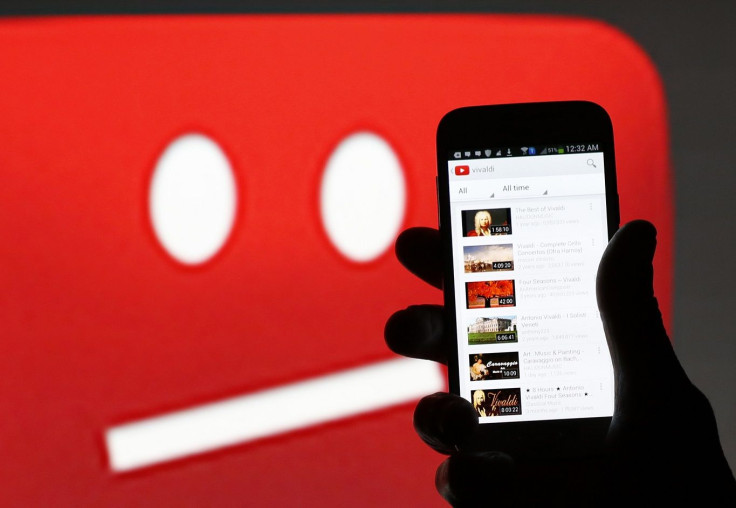‘Next year can tell us’ if live video streaming on social media is just a fad: Analyst

It will take analysts and social media experts at least a year to determine whether the emergence of live video streaming on various social media platforms in the past months is just a craze or not, according to eMarketer analyst Debra Aho Williamson.
"At the rate that Facebook and Twitter are moving on this, the next year [2017] will probably tell us whether this is just a fad or if this is something that's really going to take off and represent a new way with engaging with video,” she told San Jose Mercury News.
Williamson also insinuated that social media brands like Facebook and Twitter may still be testing the waters if this new service is efficient in harnessing brands’ increasing video ad spending. According to eMarkerter’s forecast, the total revenue for online video ad spending in the US will surpass the US$15 billion (AU$19 billion) mark in 2019, a 100 percent increase from its 2015 prediction.
Nonetheless, Google’s interest in joining the expanding bandwagon can make the streaming feature more relevant as well as encourage brands to consider this as new addition to their online marketing strategy. If the search engine giant successfully transforms its YouTube Connect into the next-live streaming hangout place, it can also possibly alert the folks on Twitter to make new improvements in its newly acquired Periscope, which has now over 200 million broadcast as of last week. Such a scenario is highly probable since Periscope has become the microblogging platform’s refuge after several failed attempts at regaining consumer and advertiser interest by rolling out various new features in the past few months.
Venture Beat reported in March that Google has been silently doing alterations on YouTube Connect to rival Facebook Live and Twitter Persicope, and that the company remains mum on the issue. Connect has also lost to the likes of Periscope and Meerkat in the past (when it has not been acquired by Twitter yet) due to accessibility issues. Rumour has it that Google will make it more accessible and easier to use to make it more available to the public.
On the other hand, unreliable internet connection remains a formidable enemy of these live video streaming providers. In an article, Jim Dougherty of market analytics provider Cision describes how this feature remains highly dependent on internet network strength, an issue that can change the service’s fate in areas and countries where connection persists to be disappointing.
"Last weekend I tried Facebook Live Video on the fly, attempting to broadcast my daughter’s violin recital to her grandparents (and hundreds of other unsuspecting Facebook friends). It did not go well. Lack of mobile connectivity caused the start time to lag, and by the time I got it up, I missed recording (and maybe more importantly just flat out missed) most of her performance," he wrote.
This, in turn, can benefit other companies such as network extender provider 5BARz International (TCQB: BARZ) . This company, for example, promises to tackle mobile network connection problems by augmenting a mobile device’s signal to its utmost strength through its plug-and-play device — a portable, cable-less device utilisable even in enclosed space and moving vehicles. Yet Dougherty suggests that failing to tackle issues like inefficiency due to weak network signal could make live video broadcasting from a mobile device “go south quick.”
However, Facebook and Twitter, the current leader of this inchoate niche, appear to be more concerned on expanding their reach by convincing media networks in making their platform an alternative to TV and other live streaming sites on the Web.
"Social media giants Facebook and Twitter are in a race to win the rights to show conventional TV programs. Both companies have approached programmers about a possible agreement as they battle each other to deliver streaming video to their users," reported the New York Post.
Mark Zuckerberg, meanwhile, has repeatedly told the media that he is not afraid of reinventing Facebook and introducing changes to its core products. Among which is Live, which is currently experiencing warm reception from news brands, sportsmen and companies.
Currently, Zuckerberg is still adamant on not making Live a standalone app like Persicope or YouTube’s new-and-improved Connect. Nevertheless, it’s no longer a secret that there’s no such thing as permanent on the digital space. How many times have the consumers heard Zuckerberg say that he wouldn’t force users to download Facebook’s mobile app version? Everyone knows that Facebook on mobile browsers is limited only to browsing, and accessing messages requires downloading Messenger, which comes with downloading Facebook for mobile.




















